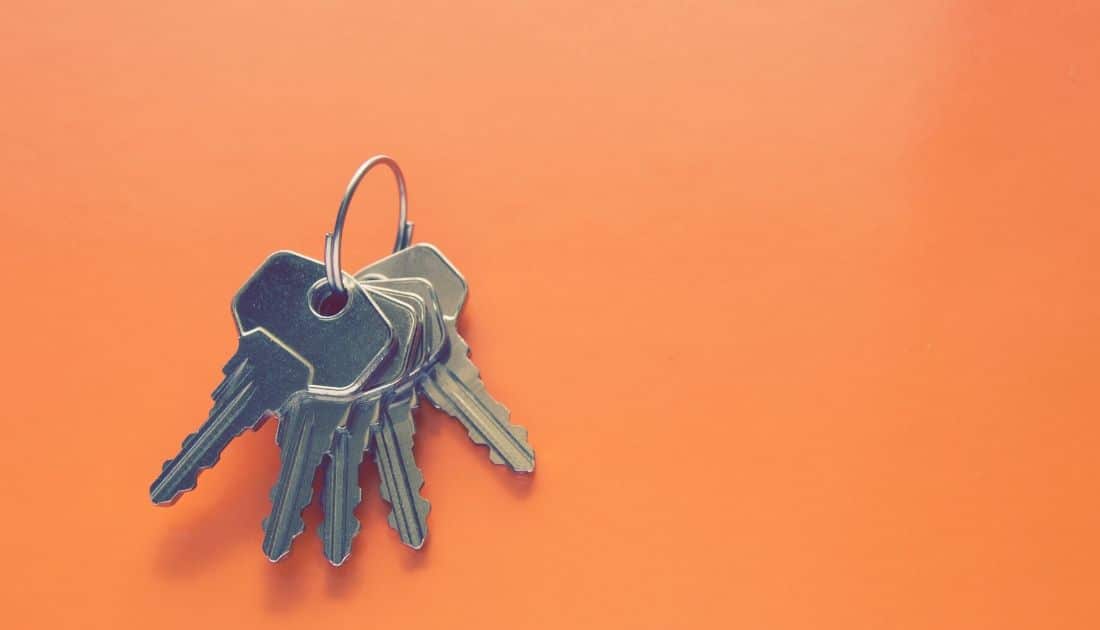There is a significant increase in the number of people who are choosing to rent out rooms within their homes. Not only does it contribute to the mortgage and help cover utilities, but it also fills space that would otherwise be unoccupied. The rent received is known as assessable income by the Australian Taxation Office and comes with a few obligations you need to be aware of.
When Tax Time Comes Around:
The rent you receive from your tenant is generally taxable income and therefore may need to be claimed on your tax return. For an individual, this is known as Item 21 (rental schedule) and you can claim all of your deductions against the income you have received from the tenant, this will then increase your refund.
Records Are Vital:
It is imperative that you keep records and receipts for everything and create a simplistic system to follow. Recording the rent you receive weekly, fortnightly or monthly along with the filing the receipts of any purchases made is the key to making tax time stress free. If you can not produce any receipts at tax time there will be no tax deductions. Unsure if a purchase made is claimable? When in doubt keep the receipt.
Learn The Apportion Method:
Whilst the apportion method may sound alarming and out of your depth, it is actually quite simple. It is a common method used to split tax-deductible expenses between private and personal. A general rule of thumb is to consider it on a floor basis. The space that your tenant will occupy, plus 50% of the shared spaces. Electricity, internet, and heating can also be included within this method and you need to claim both the income and deductions.
Here is an example:
One room of a two-bedroom house is rented out. The room is 10 square metres which equals to 20% of the whole house. It is rented out at $150 per week. The total amount of expenses of the house equal $20,000 P/A.
- Income: $150 rent x 52 weeks = $7,800
- Deductions: $4000 (20% of $20,000 expenses)
Tax deductions
There are numerous deductions you can claim as a landlord, these include upkeep, internet, phone, power, water, council rates, depreciation and even interest on the mortgage.
Renting to Friends and Family?
Things can get a little more complicated when renting your room to friends and family as it can limit certain deductions that you could possibly claim. The amount you rent the room for needs to reflect the deductions you claim. If the room is being rented for half the amount the deduction must be claimed at half.
How Much Should I Rent The Room For?
Do your research. You can look at the current market rate of other houses within your area on sites such as realestate.com.au, domain.com.au, and property.com.au. This will give you a good starting point. You can then speak to your local real estate agent and ask for an appraisal. Get them to pop this in writing so you have a copy on hand if the ATO asks any questions. It’s a good idea to ask your tax accountant to clarify all the questions you may have, that way you can be sure of your responsibilities.
Liable For Capital Gains Tax:
Usually, capital gains tax should not affect you if the house is your main residence. When you begin to rent space however things can become more intricate. As soon as you rent a room the “main residence exemption” does not apply. If you decide to sell your house some of the tax will need to be paid depending upon the length of time the house was rented for and how many rooms. There are two factors to consider when working out how much CGT you will need to pay.
- Total floor area rented
- Duration of the time it has been rented
By renting out your home, you can reduce your household expenses significantly but it is vital to understand the ins and outs of renting your home. Come and have a chat with us and we can answer all of your questions.







